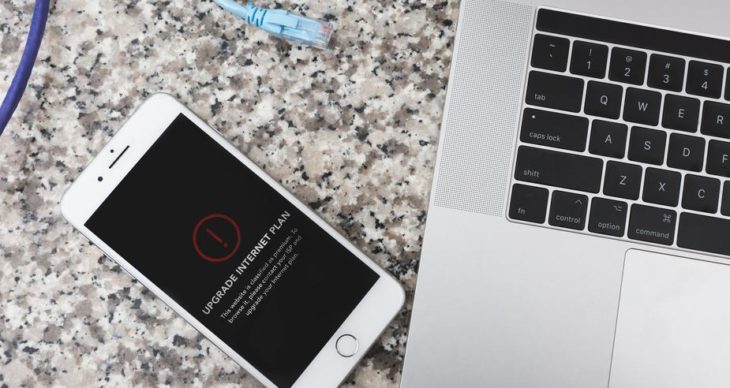Public Wi-Fi networks are now found in many locations all over the world. Plenty of places where people congregate and spend time, such as restaurants, transportation stations, public parks, shopping centers, tourist attractions, and hotels now provide public Wi-Fi networks that let people connect to the Internet for free.
While public Wi-Fi is definitely convenient for connecting mobile devices like a laptop, netbook, smartphone, portable media player, or tablet, they can also be dangerous. These public networks are fully open and unencrypted, which means they also come with various security and privacy risks.
Security Risks of Public Wi-Fi Networks
Using an open Wi-Fi network puts you at risk for a variety of cyber attack. If the connection is unencrypted, anyone with freely available network monitoring software can view the information that is transmitted over the Wi-Fi network. This could make the content of websites you visit, as well as instant messages and emails you send, visible to cybercriminals.
Even if the website or app you’re on uses SSL, you may not be fully protected while on a public Internet connection. There are various tools available to perform a man-in-the-middle attack that can hijack your session, which allows an attacker to see your private information, even if they don’t have your user name and password.
Attackers can not only see the information being transmitted, but they can also modify it. Software tools that modify the content of websites are often used by cybercriminals to try to trick people into downloading malware that could compromise their device.
How a VPN Protects You
Using a VPN with public Wi-Fi is essential if you care about your security. A VPN (Virtual Private Network) creates a secure and encrypted tunnel between your device and the Internet. When you use a VPN, all of your data is completely encrypted. This prevents an attacker from seeing your information or modifying the content of websites you see.
Using a VPN also helps protect your privacy, as it prevents the owners of the Wi-Fi network you’re on from collecting information about your online usages, such as the specific websites you visit or mobile apps that you use. Many free Wi-Fi network operators use this data for analytics purposes or sell it to advertisers. While this isn’t a big security threat, some people don’t like having corporations track their online activities.
Other Ways to Stay Safe on Public Wi-Fi
In addition to using a VPN, security experts recommend that you follow a few other security best practices to stay safe when using open Wi-Fi networks. These include:
- Using two-factor authentication
- Installing a full computer security suite
- Only downloading apps from trusted sources
- Keeping your web browser and OS up-to-date
If you use a VPN and follow these security tips, you can keep your device and private information secure, even if you connect to the Internet through an open Wi-Fi network.
